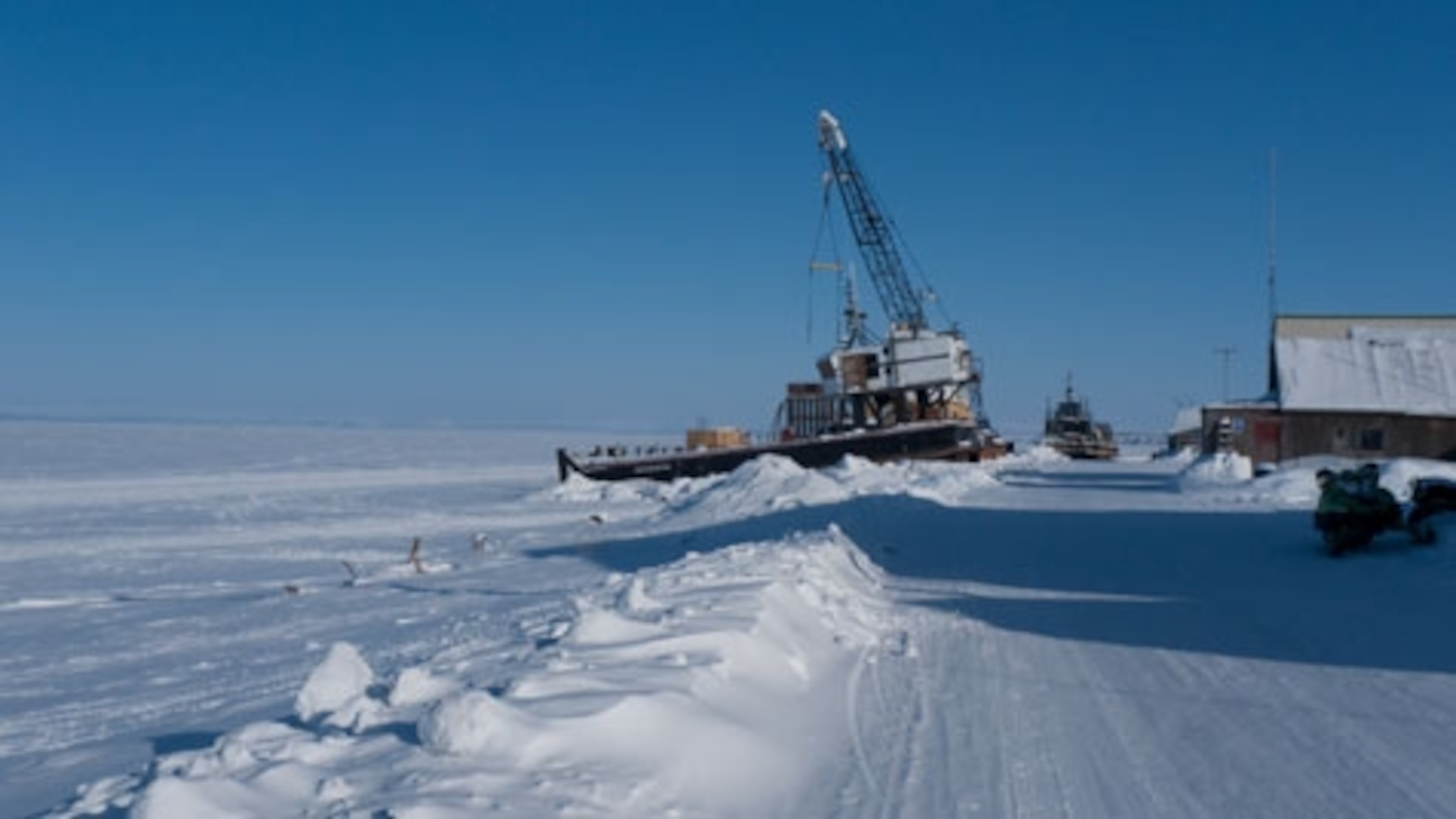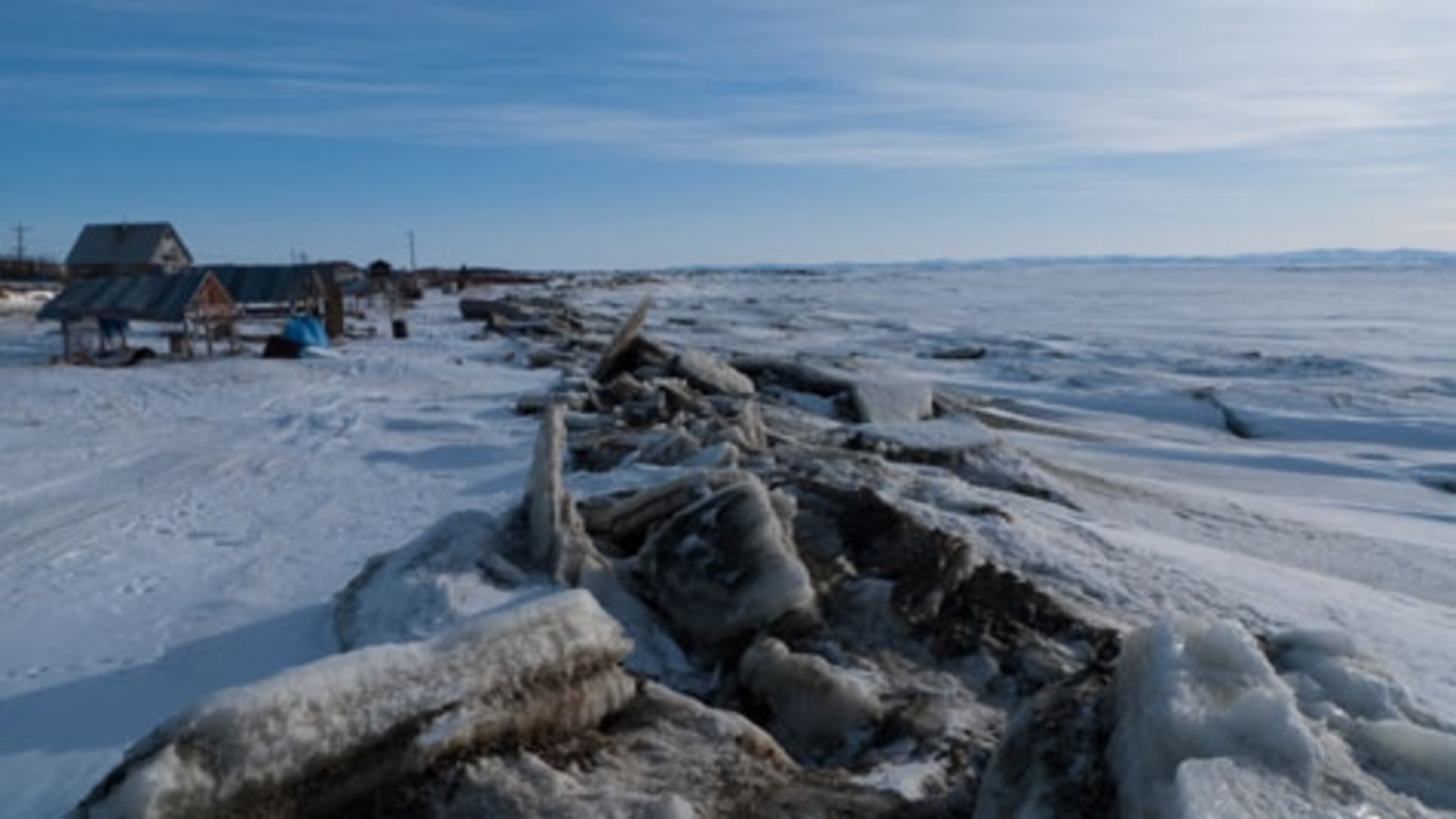Follow adventurer Andrew Skurka as
he skis, hikes, and rafts 4,720
miles through eight national parks, two major mountain ranges, and some
of North America’s wildest rivers in Alaska and the Yukon from March to
October. Read his blog updates here.
West Coast Wrap-Up: What I’ve Seen, posted in Unalakleet, Alaska, on March 24, 2010
Tomorrow morning I head inland via a historic portage route between the Bering Sea (the Unalakleet side) and the Yukon River (at the village of Kaltag). This is a transitional point in the route—moving from the coast to the interior—and a good opportunity for me to wrap up the last 280 miles.
My route has been completely dependent on the network of snomachine
trails between rural Alaskan villages. About 100 miles of the route
being blazed as the “Iditarod Trail” doesn’t change the reality that
local snowmachiners represent the bulk of the use—dog mushers are
exceptions, and skiers like me are freaks. The tracks are well packed,
making for fast skiing since I’m not breaking trail. They’re often
marked (but not signed), for the safety of users. Following these
snowmachine trails has been like following the Appalachian Trail,
almost… I’ve been out for ten days and have seen a person every day
thus far; sometimes it’s just been a lone snowmachiner while other
times there have been waves of two- to four-rider groups.

The landscape along the West Coast might be described as “bleak” and
“fatally monotnous,” but I’ve been thoroughly impressed by it. The
route itself has followed 50-foot-high bluffs of the Baldwin Peninsula
(for two days); it’s crossed lagoons, rivers, and frozen saltwater bays
(including 30 miles of sea ice south of Koyuk); and it’s gone through a
few sections of rolling hills, with the most scenic being overland
between Bucklanand and Koyuk. Ground cover has been mostly
tussock-covered tundra. Willows can only survive in the refuge of creek beds. I didn’t
encounter my first treestand until I
was 140 miles into the trip. And even now, at mile 280, they are still
precious. The winds are just too fierce and the year-round temps just
too bitter for much to grow out here.
I’ve been very thankful for a number of public-use cabins and rural villages that have given me an opportunity to get inside, at least out of the wind if not also into somewhere warm. (But not always—it was 4 deg when I woke up in a shelter on Monday morning.) Other nights I’ve found the most protected campsite I could (which has meant cuddled up to some willows in the bottom of a shallow creek bed) and pitched my pyramid-shaped 13-oz tarp.
On to Kaltag.
